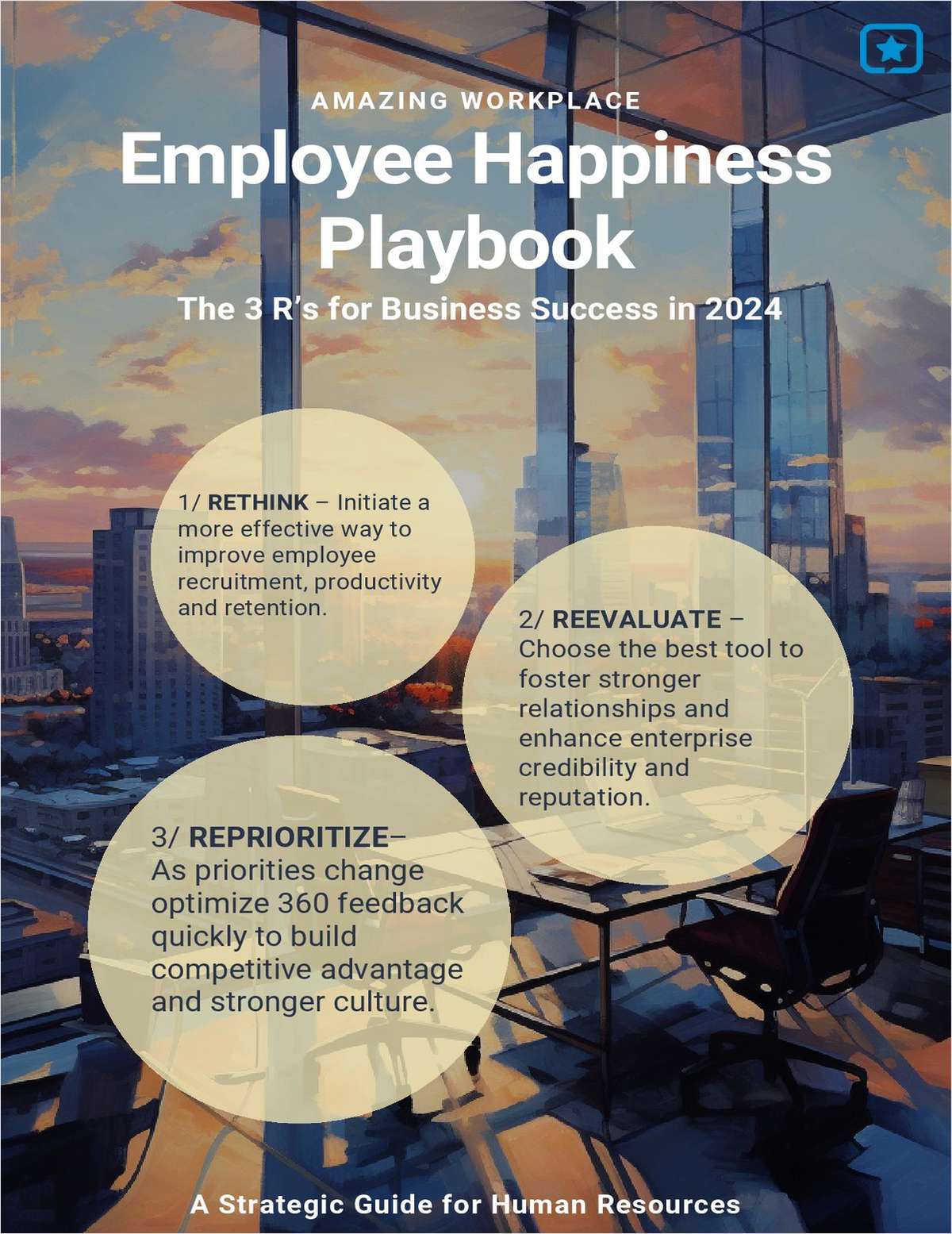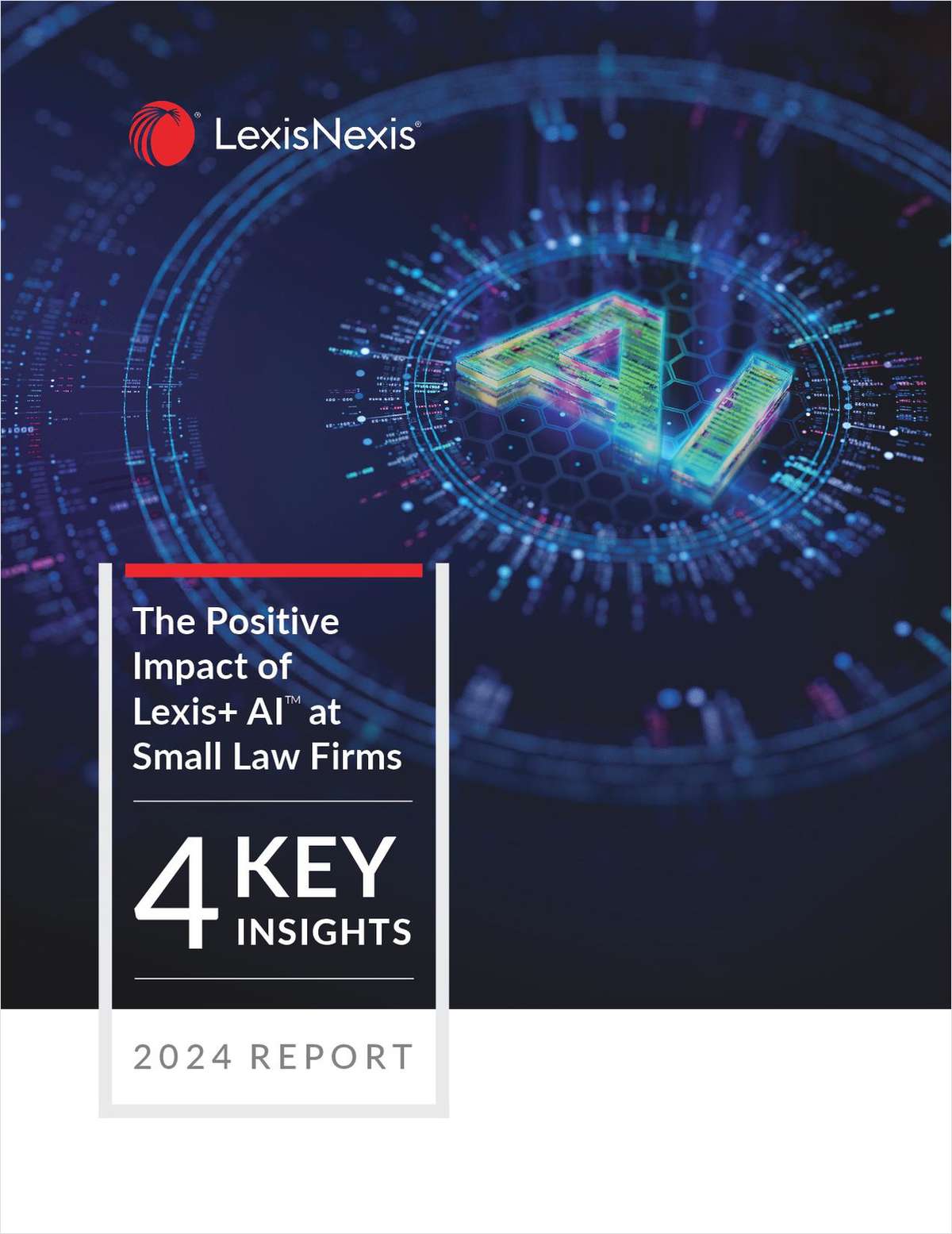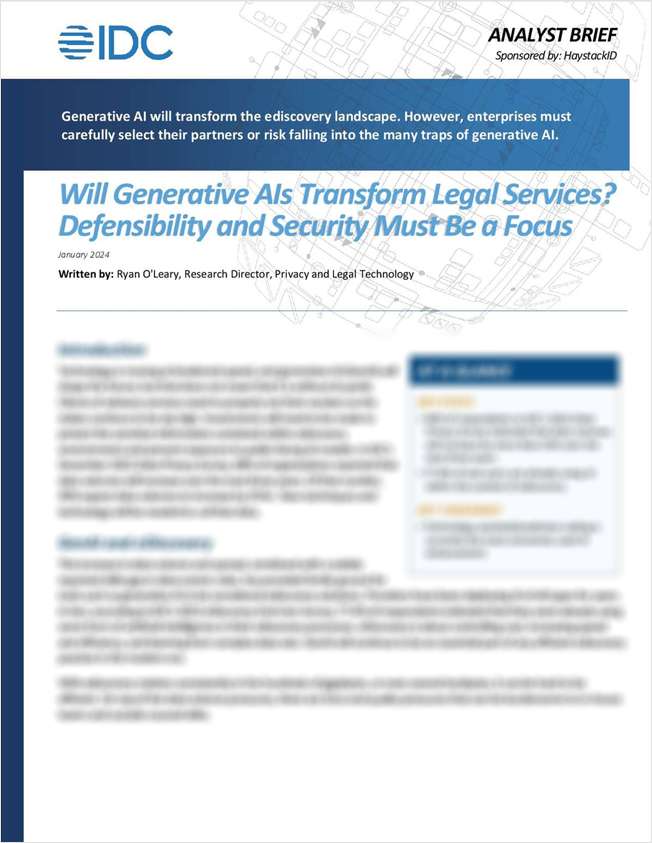0 results for 'Jones Day'

Fear of Hostile Juries One Reason Firms Tend to Settle
Whatever advice they may give their clients about litigation, major law firms tend to follow the same strategy whenever they themselves are dragged into court: They settle. Within the past six weeks, two major firms have coughed up tens of millions of dollars to put significant lawsuits to rest. Virtually all major law firms that have been sued in the past two decades have settled their cases. Most believe both that juries would be unsympathetic to them and that a trial would be damaging to their practices.

Expanding Criminal Discovery Responsibly
Cyrus R. Vance Jr., the New York County District Attorney, writes: In many cases in Manhattan and all over our state, witnesses are frightened, asked to lie, or asked to tailor their accounts so as to minimize their impact on the defendant at trial, and that is only for those who come forward at all. These problems provide a crucial backdrop to the current debate over expanding criminal discovery.
From Fumo to F-Bombs, a Colorful Year at Federal Court
The cursing client who couldn't be controlled, the trespassing teens atop the trains, the phenomenal fees for the Fen-Phen lawyers and the sitting state senator on trial. Those were some of the more colorful subjects in the headlines of 2008 generated by cases in the Eastern District of Pennsylvania federal court.
Most Associate Bonuses at Large Texas Firms Mirror Last Year's
With some enviously high exceptions, bonuses paid at the end of 2005 to associates with large Texas firms were similar to bonuses paid at the end of 2004. Sure, Houston's Susman Godfrey paid out year-end bonuses ranging from $86,000 to $150,000 -- averaging 75 percent of each associate's base pay -- but most associates statewide received considerably less. George Lamb, chairman of Baker Botts' associate compensation committee, says its two-tier bonus is based on merit and on productivity.
All Eyes on High Court Property Cases
Landowners, businesses and governments are closely watching a trio of cases before the Supreme Court with the potential to make this the most important property rights term in nearly two decades. Each case, say government officials, poses the threat of countless and costly lawsuits by businesses or private homeowners who will claim that federal, state or local governments have "taken" their property in violation of the Fifth Amendment.
Daily Decision Service Alert: Vol. 19, No. 217 - November 10 2010
Daily decision alert.
Directors' Concern Over Executive Pay Increasing
It seems the reformers are not quite finished with the corporate boardroom. This time the issue is executive compensation, propelled to the front lines by the scandal over former New York Stock Exchange Chairman Richard Grasso's $188 million compensation package.
Wal-Mart Hopes Judge Doesn't Buy Huge Class
On Wednesday, U.S. District Judge Martin Jenkins will hear arguments in San Francisco to determine whether Dukes v. Wal-Mart, 01-2252, should proceed as a class action. The specter of the giant class means the stakes for Wal-Mart are huge -- the company's lawyers estimate that damages could run into the billions of dollars. But the size and scope of the proposed class also provides Wal-Mart's lawyers with a big target as they try to shoot down a class they contend is overly broad and unwieldy.
Expert Testimony on False Confessions and Territorial Limits of Donnelly Act
In their New York Court of Appeals Roundup, Roy L. Reardon and Mary Elizabeth McGarry, partners at Simpson Thacher & Bartlett, analyze, among other rulings, a decision where the Court construed the Donnelly Act, New York's version of the Sherman Act, and reached two significant conclusions. First, to survive a motion to dismiss a plaintiff must allege market power in the relevant market in which defendants are alleged to have restrained trade. Second, an overseas conspiracy must have a very close nexus to harm to competition in the state for it to fall within the reach of New York's statute.Trending Stories
- 1With a 7-Figure Book Deal and TV Adaptation on the Way, This Dechert Associate Remains Committed to Her Day Job
- 2Legal Resourcing for Optimal Utilization, Retention & Profit
- 3Data Breach Class Actions Begin to Pile Up Against Prudential Insurance
- 4Weil Launches Offices in LA and SF, Recruiting Latham Private Equity Partners
- 5Alaska Federal Judge Resigns as Investigation Sustains Sexual Misconduct Complaint
Featured Firms
Law Offices of Gary Martin Hays & Associates, P.C.
(470) 294-1674
Law Offices of Mark E. Salomone
(857) 444-6468
Smith & Hassler
(713) 739-1250
More from ALM
- Morgan & Morgan Class Action Attorneys Detail Pathway to Success Within Cybersecurity and Data Privacy Practice 1 minute read
- Holwell Shuster & Goldberg Partners Leverage 'Hostile' Witnesses to Secure $101 Million Verdict Against Walmart 1 minute read
- Legal Speak at General Counsel Conference Midwest 2024: Mike Andolina, Partner, White & Case 1 minute read
Resources

Blueprint for Successful Second Request Document Review
Brought to you by Integreon
Download Now

Employee Happiness Playbook: The 3 R's for Business Success in 2024
Brought to you by Amazing Workplace, Inc.
Download Now

The Positive Impact of AI at Small Law Firms: 4 Key Insights
Brought to you by LexisNexis®
Download Now

Will Generative AIs Transform Legal Services? Defensibility and Security Must Be a Focus
Brought to you by HaystackID
Download Now



